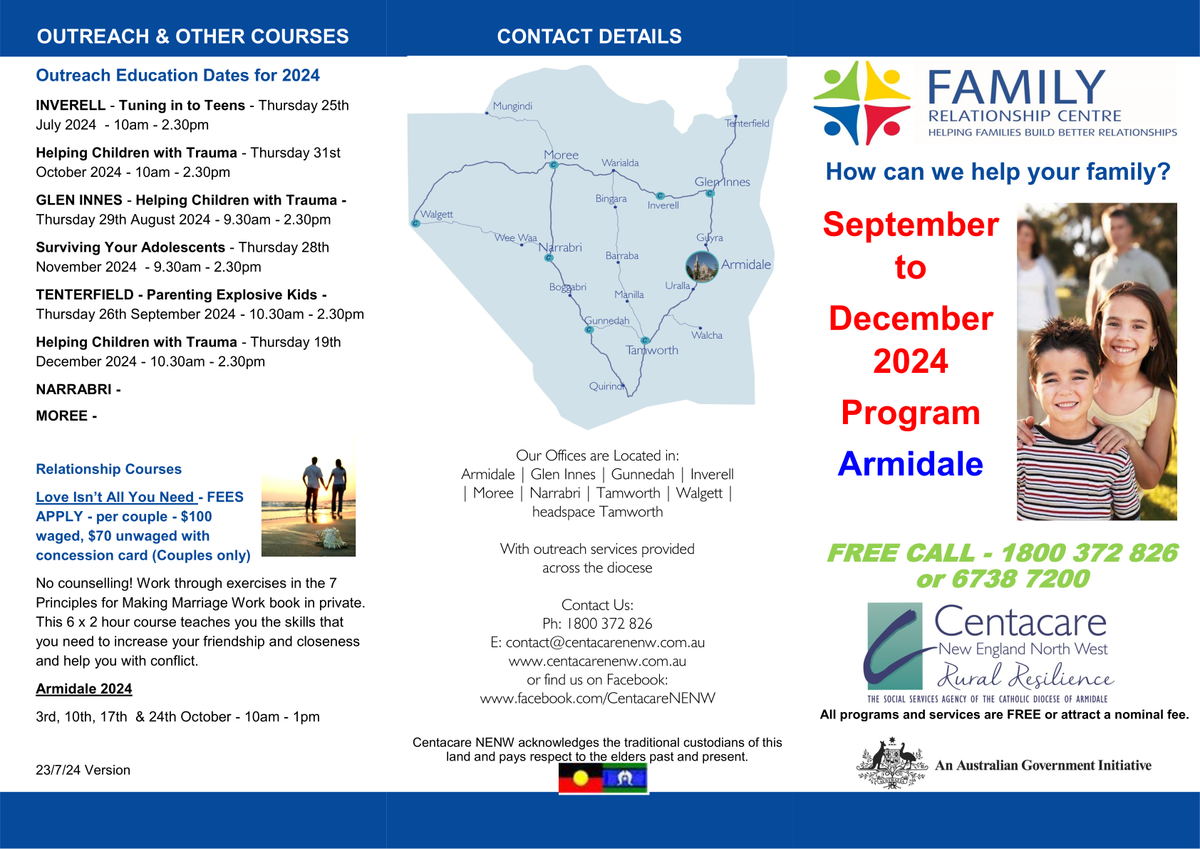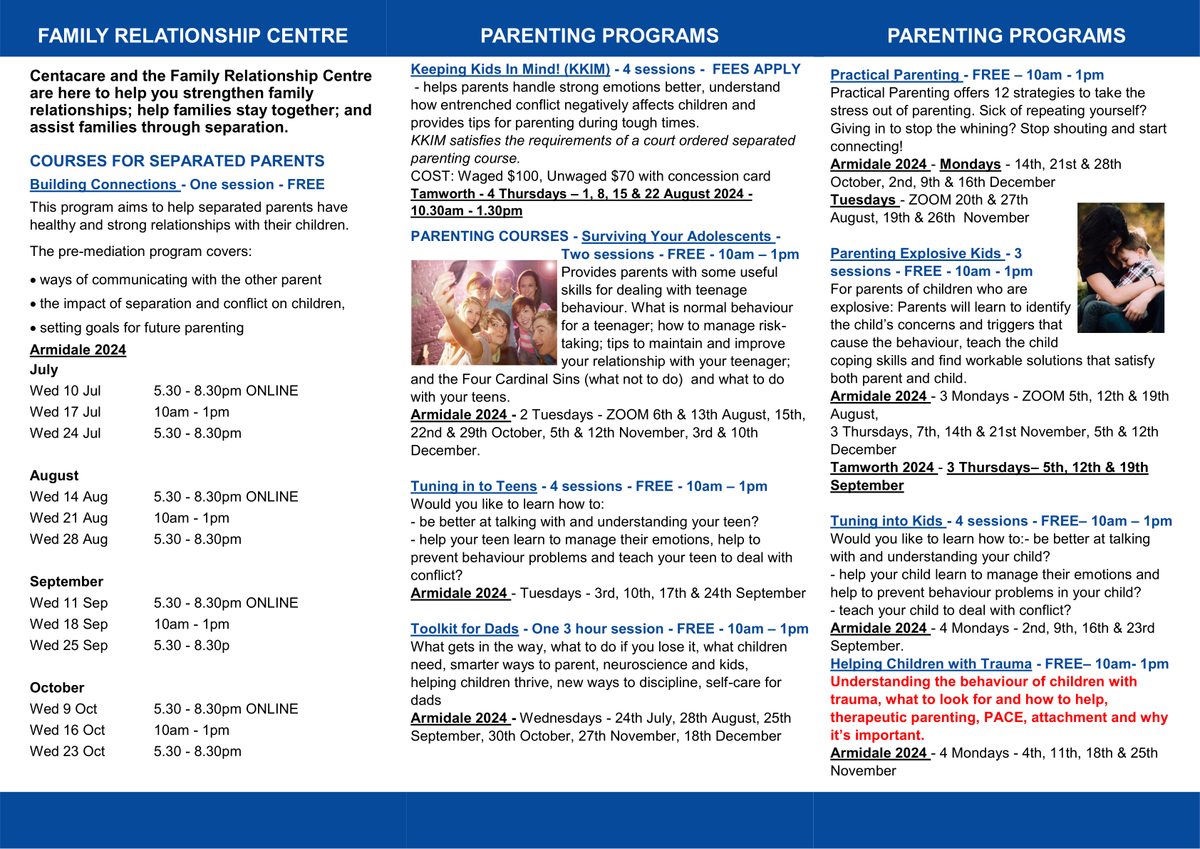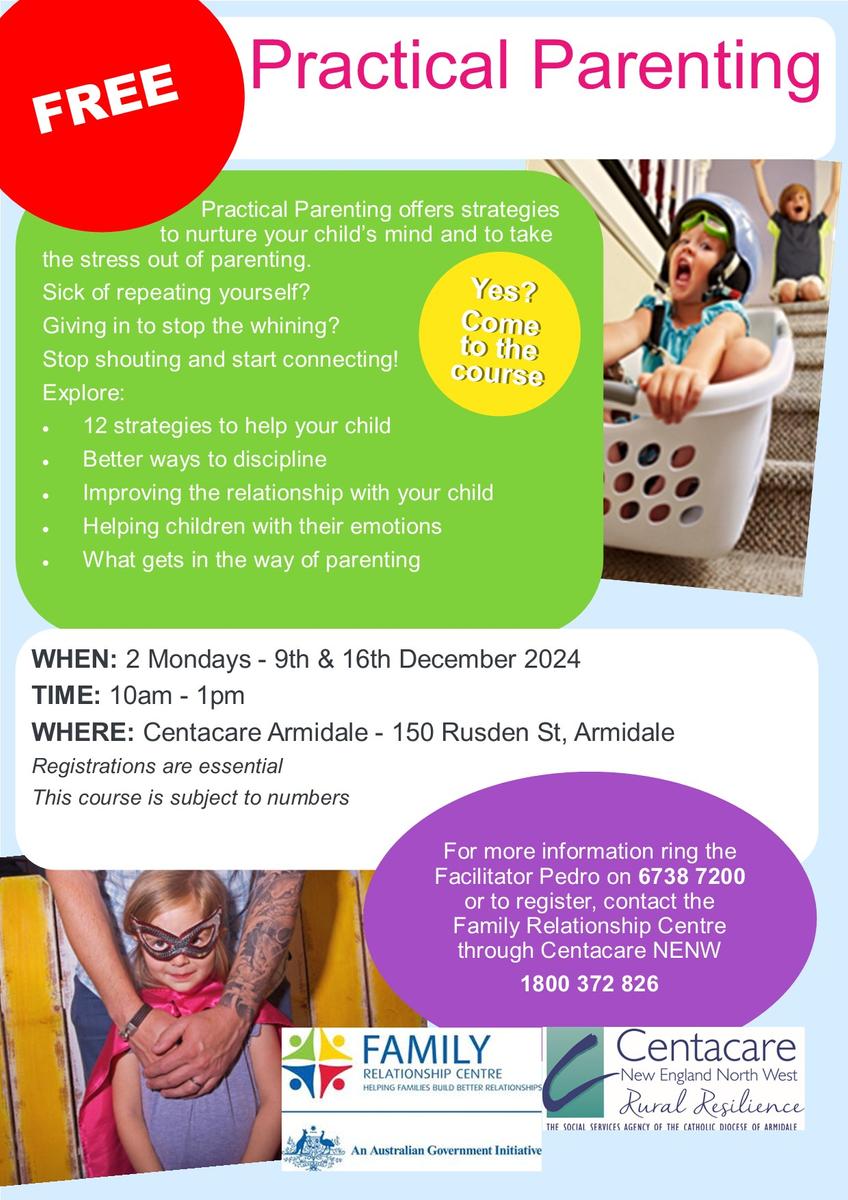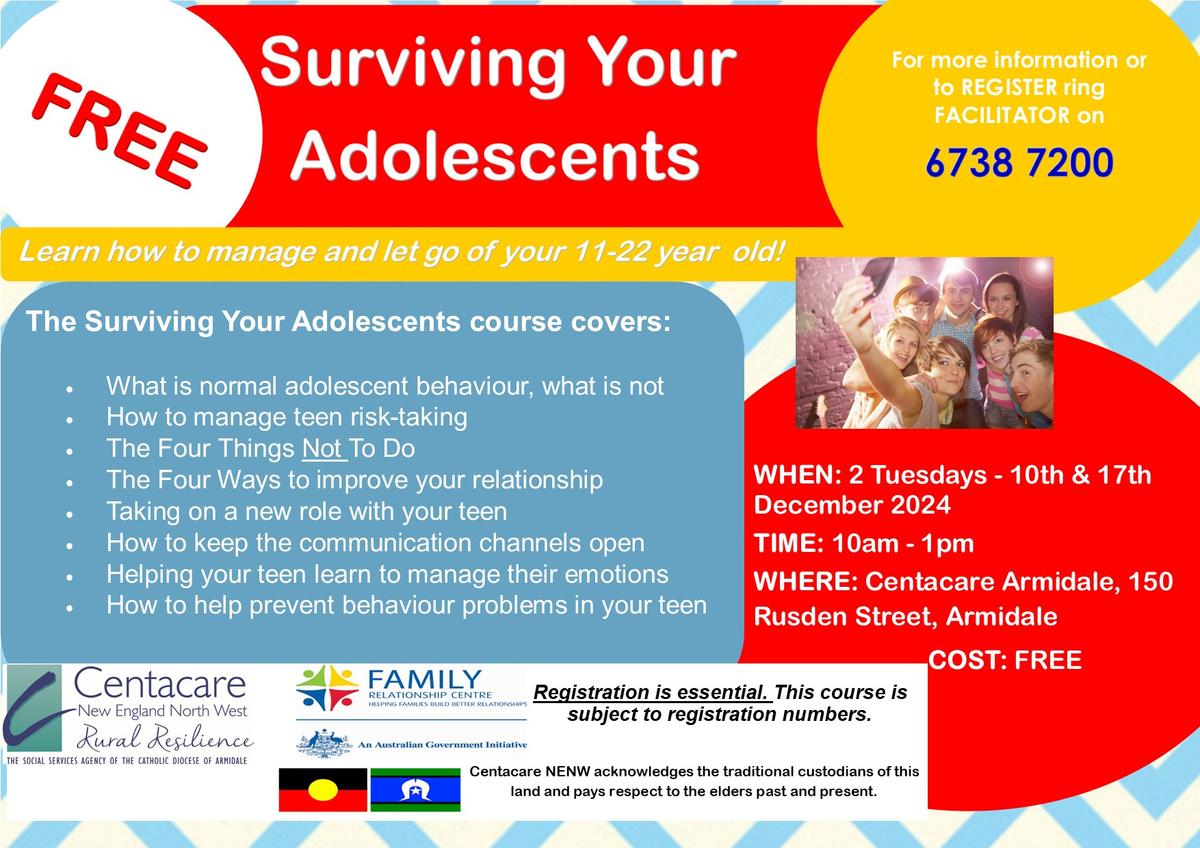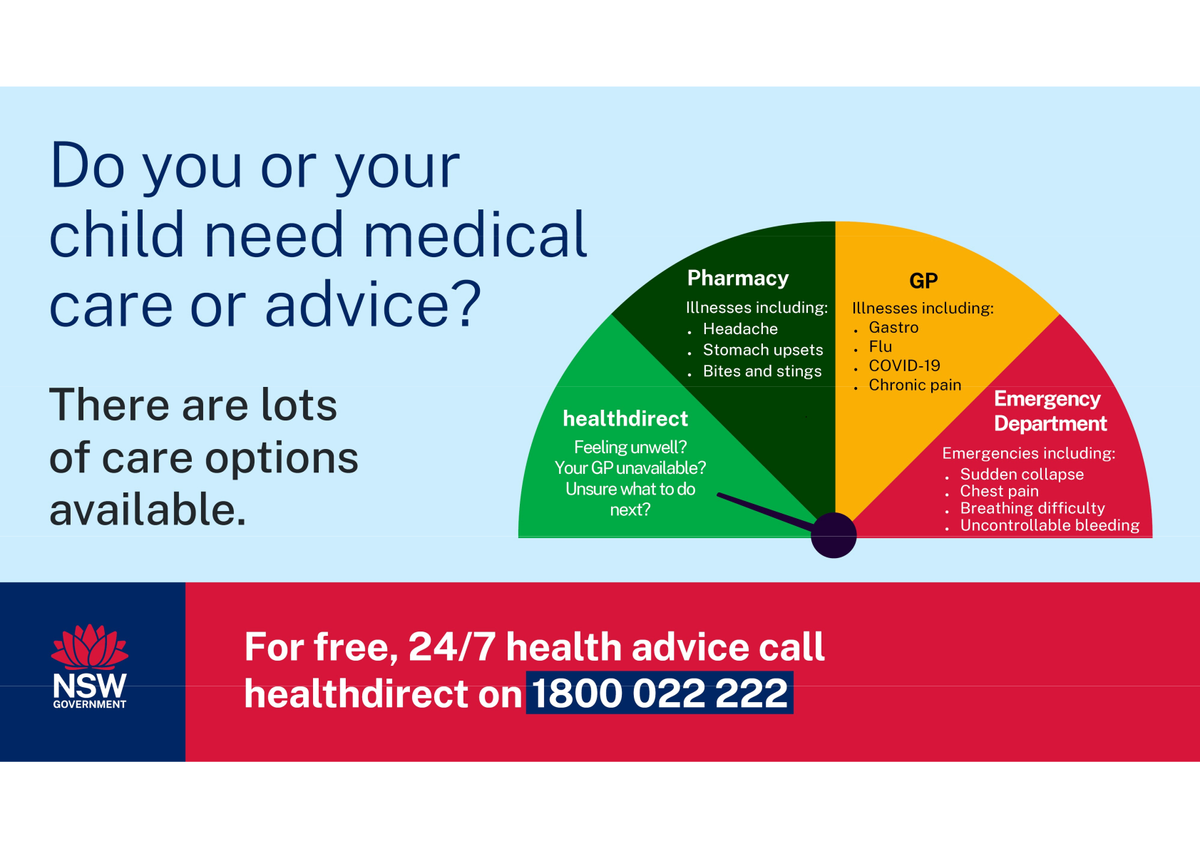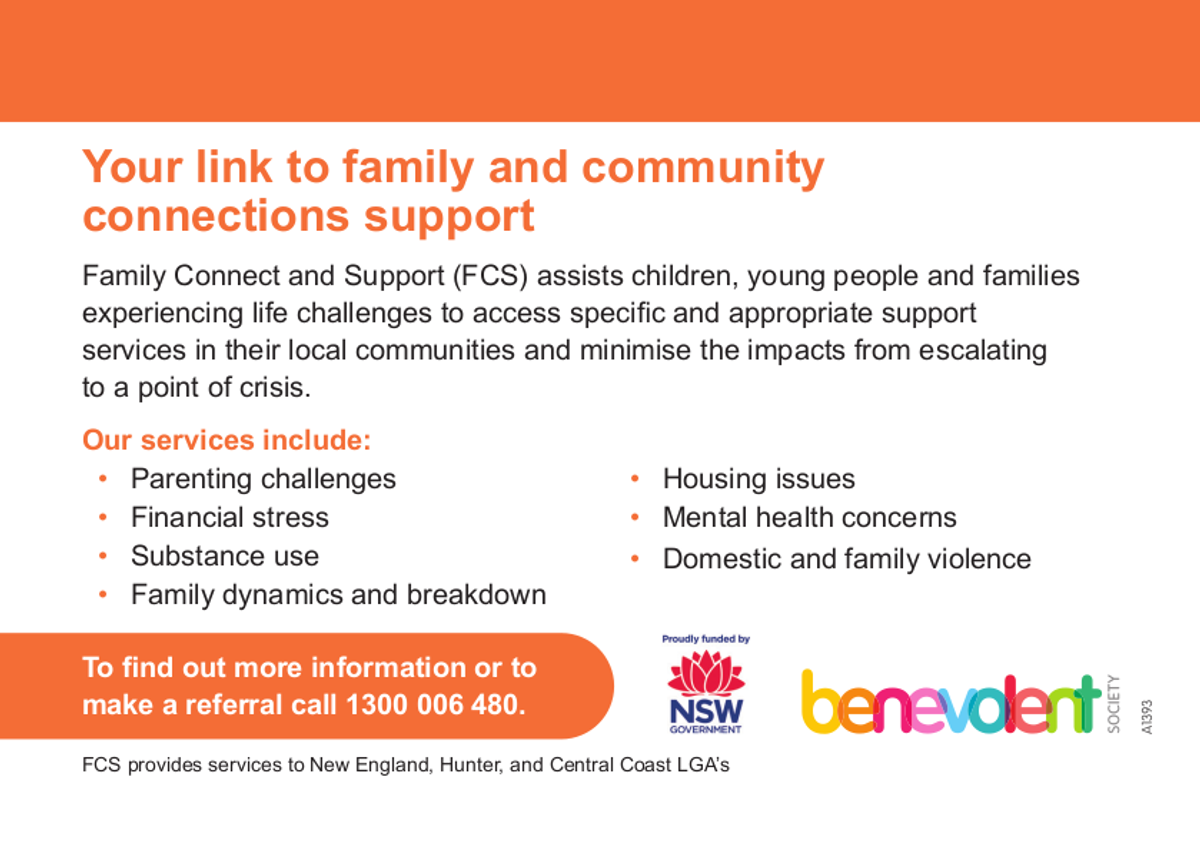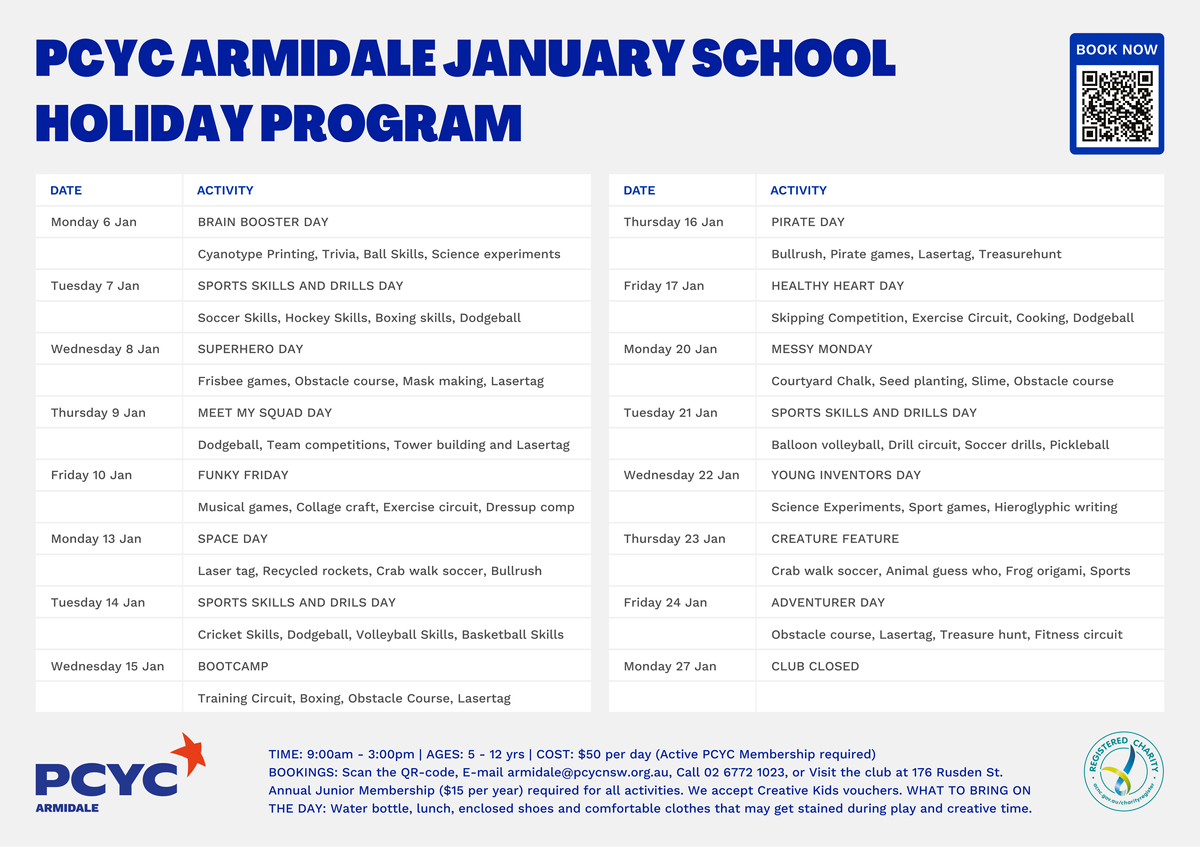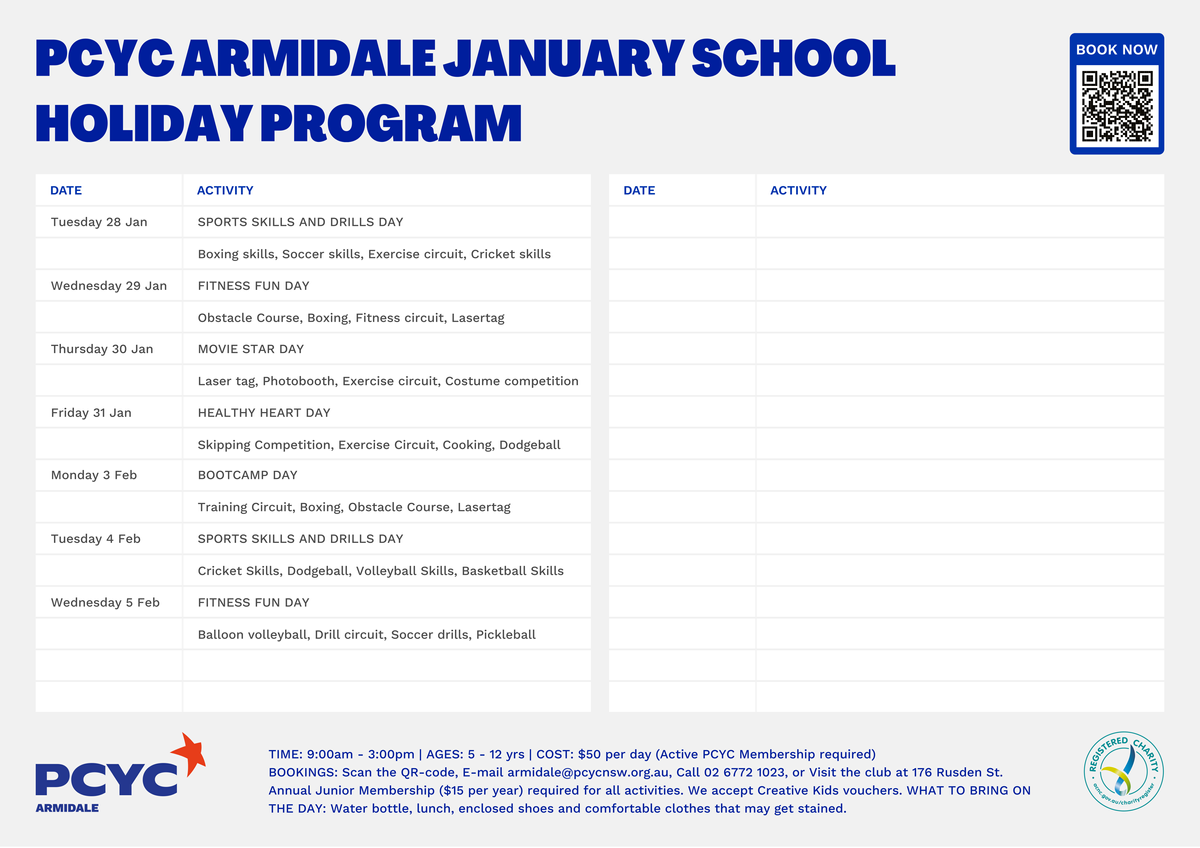Community Information

ADIG
Family Relationship Centre
Practical Parenting
“It’s also crucial to keep in mind that no matter how nonsensical and frustrating our child’s feelings may seem to us, they are real and important to our child. It’s vital that we treat them as such in our response.” ― Daniel J. Siegel, The Whole-Brain Child: 12 Revolutionary Strategies to Nurture Your Child's Developing Mind
“For a child or an adult, it’s extremely powerful to hear someone say, “I get you. I understand. I see why you feel this way.” This kind of empathy disarms us.” ― Daniel J. Siegel, No-Drama Discipline: The Whole-Brain Way to Calm the Chaos and Nurture Your Child's Developing Mind
The goal is for children to express their wants and needs with us openly. That doesn’t mean they always get what they want. It means they feel safe enough to share—even when the answer is no.
Don’t normalize pain or neglect by refusing to be a safe haven for your child because the “real world won’t coddle them when they grow up.” Show them what love and respect look like so they’ll recognise when they’re being mistreated. – Amanda Erickson
By acknowledging our children’s emotions, we are helping them learn skills for soothing themselves, skills that will serve them well for a lifetime. – John Gottman, Ph.D.
Children don’t need to have their feelings agreed with; they need to have them acknowledged.
The more you try to push their unhappy feelings away, the more they become stuck in them.
The more comfortable you can be accepting the bad feelings, the easier it is for kids to let them go. – Inspired by Adele Faber & Elaine Mazlish
When a child is upset, logic often won’t work until we have responded to the right brain’s emotional needs. – Dr. Dan Siegel
Beneath every behaviour, there is a feeling. And beneath each feeling is a need. And when we meet that need rather than focus on the behaviour, we begin to deal with the cause, not the symptom. – Ashleigh Warner
Surviving Your Adolescents
Advice for parents of teenagers
Establish clear boundaries with your teenager - Setting boundaries with your teen is an important part of helping them gain independence while also keeping them safe.
Monitor your teen's social media activity - While your teen is entitled to a level of privacy you should respect as a parent, navigating the role social media plays in their day-to-day lives can be tricky. There are benefits that come with such easy access to the digital world; however, it also creates a myriad of potential issues and dangers.
Communicate openly with your teenager - Our best advice for parents of teenagers is to be someone they can confide in. By establishing yourself as both a parent and a confidant, they’ll feel more comfortable opening up to you.
Validate your teen's feelings - Some parents make the mistake of dismissing their teenager’s emotions to teach them perspective or because they don’t believe their feelings are valid. When a person’s feelings are invalidated, they believe their emotions aren’t being communicated or received, leaving their needs unmet. This can cause them to escalate their reactions and – if this continues to occur – may lead them to experience emotion dysregulation. Whether your teen is stressed, struggling, upset, angry, happy or triumphant – listen, empathise and validate their feelings so they feel heard and understood.
Treat your teenager like a young adult - Put yourself in your teen's shoes and consider: what do teenagers want from their parents? While they might be free from the full weight of adult responsibility and still require rules and consequences, they’re at a period of life where they crave independence and equal treatment.
Healthdirect
Healthdirect provides virtual care for children 16 years and under who meet specific triage criteria. Parents, carers and community members are encouraged to utilise this service if their child is unwell.
At this time of year, there are respiratory illnesses circulating in our community. Healthcare professional access is in high demand and Healthdirect is another health care option available, in addition to the local Emergency Department. Healthdirect is a convenient, user-friendly service that also now provides virtual care for children 16 years and under who meet specific triage criteria, without leaving home. Call Healthdirect on (1800 022 222) anytime day or night if your child is unwell and you're not sure what to do or where to go. Healthdirect is free and available 24 hours a day, 7 days a week. A registered nurse will answer your call, ask some questions and connect you with the right care for your baby, child or young person. This care may include virtual care for your child, provided by senior paediatric nurses and paediatricians, without you having to leave your home. If it’s an emergency, call Triple Zero (000) or go to an Emergency Department. Here is a short video that promotes the Healthdirect service from a parent’s experience when seeking care for their sick child.
Benevolent Society
The Smith Family Saver Plus
Armidale Archers
High Country Theatre
PCYC Holiday Program
Southern New England Landcare Brushes for Biodiversity


